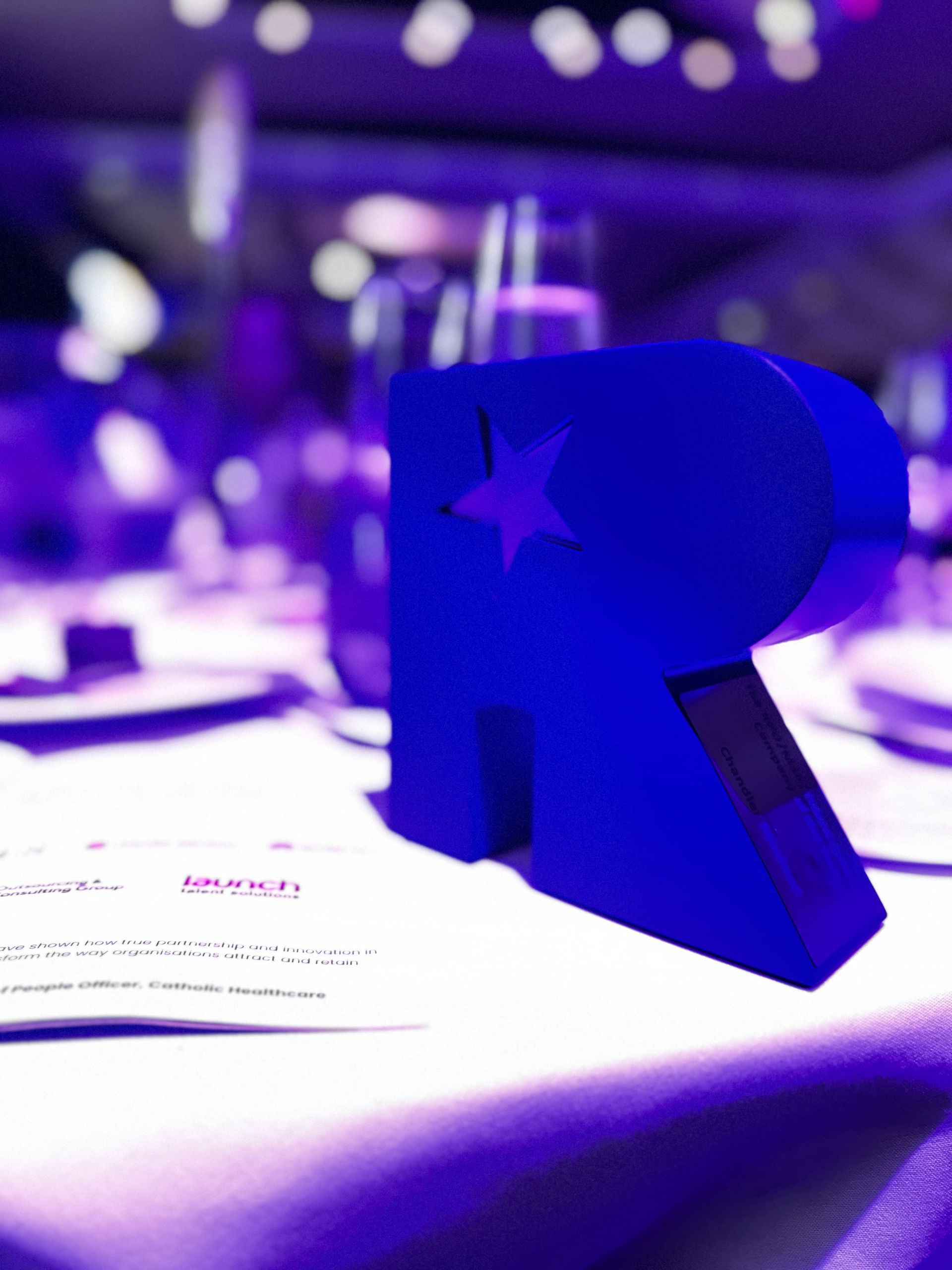Psychologists and experts in the field of organisational behaviour have long sought to understand the dynamics at play when individuals come together and work as a group. What makes certain teams more successful than others? What individual abilities work well in a group scenario? Do higher IQs matter the most? As part of this movement, a spotlight has been shone on collective intelligence or the ‘C factor’.
An overview
Just as an individual can be assessed in order to predict their ability to perform certain tasks (taking into account their capacity to untangle complex ideas, adapt, learn from mistakes and engage in critical reasoning), a group’s ability to complete a variety of tasks can be evaluated. That is, a group’s collective intelligence or ‘C factor’ can be used to predict success. This factor is not defined by the individual intelligence levels of its members; rather, it involves a unique mixture of qualities.
Indeed, while many may believe team motivation, cohesion and satisfaction are the driving forces behind a successful group, a 2010 MIT study found differently. Members of the MIT Collective Centre for Intelligence concluded that social sensitivity and the ability to take turns were the most significant predictors of a group’s C factor.
Social sensitivity
Closely related to emotional intelligence, social sensitivity involves being perceptive in social situations. People are more likely to have higher levels of social sensitivity if they can cue into others’ thinking and body language, and recognise that other people’s ideas, desires or intentions may be different to their own.
Social sensitivity is in action when a person can recognise:
• If someone is genuinely interested in what they are saying.
• The social context of the situation and how this frames what they should say and how they say it.
• When they should and shouldn’t speak.
• What another person’s verbal and non-verbal cues are really communicating.
Taking turns
Meanwhile, the more a variety of group members are given the opportunity to speak and contribute, the better. Groups where one or a few individuals take a dominant leadership role will fare less well. This doesn’t mean certain group members should be actively suppressed; instead, an emphasis should be placed on drawing out participation from more passive members.
Enhancing collective intelligence
To promote higher levels of collective intelligence in teams or organisations, managers and those in leadership roles should focus on creating a culture of respectful collaboration. A culture of respect emphasises the need for employees to be professional and tactful when dealing with others’ points of views and to ensure they are not dominating brainstorming sessions, meeting or discussions. Collaboration in an organisation goes beyond having meetings or public spaces; the types of structures and programs used should also reflect a commitment to hearing everyone’s voices.
To understand how collective intelligence can help your organisation unleash its potential, speak with a friendly member of our People Insights team today.




















